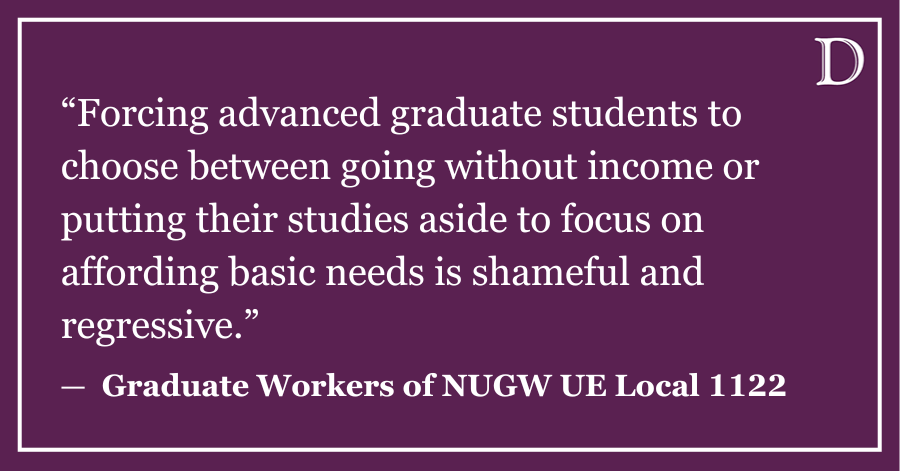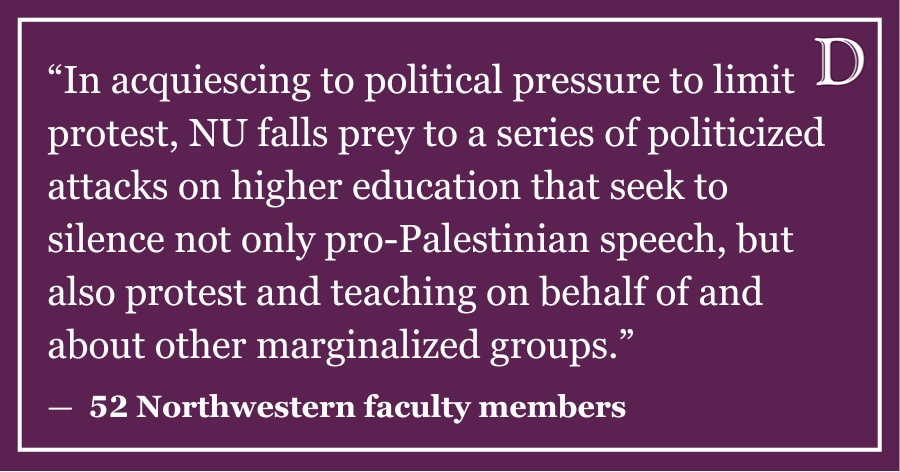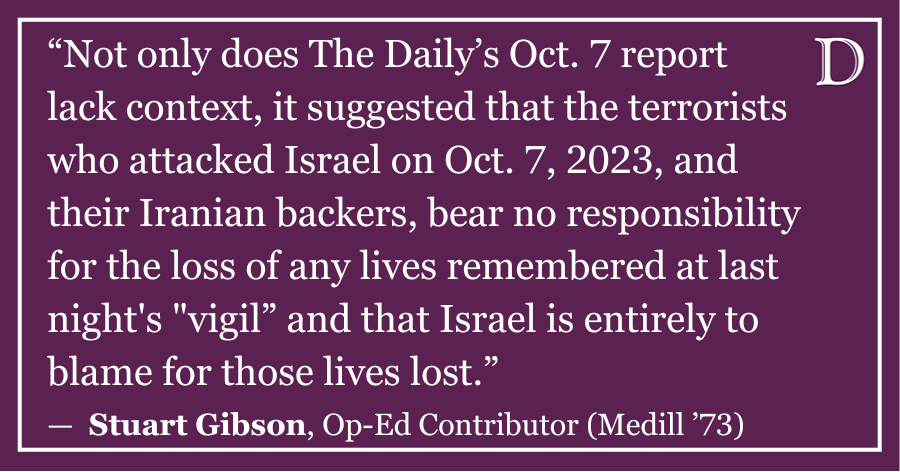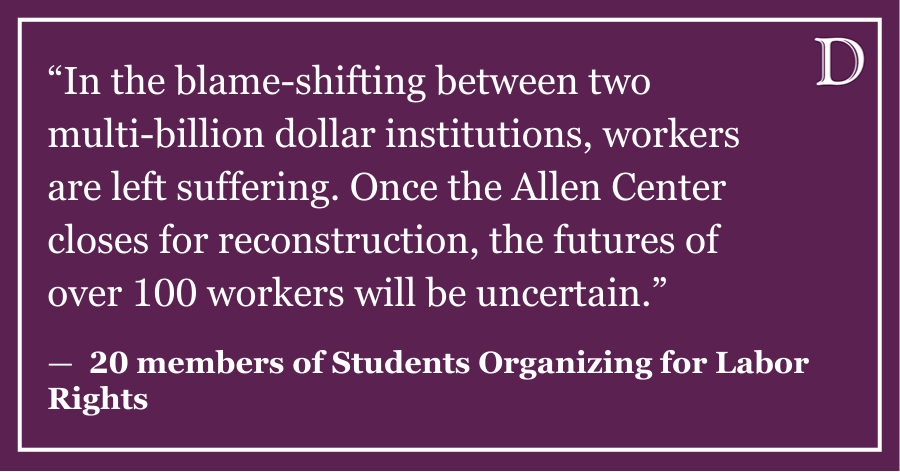Sometime earlier this month we awoke to the news that one of the five Americans killed April 6 in Afghanistan was a 25-year-old woman, Anne Smedinghoff, from River Forest. A graduate of Johns Hopkins University, this was her second State Department stationing. Sadly, it will be her last. Secretary of State John Kerry in an emotional statement mourned the loss of this diplomat as well as the others who were killed.
For me, this struck home because her story reminds me of many of my Northwestern students (including ones working for NATO or State or who are in the Military) who put themselves in harm’s way to bring good things to people who lack them. It comes as no surprise that these former students have all posted statements of solidarity for Anne Smedinghoff on their Facebook pages.
Miss Smedinghoff, a public affairs officer with the Department of State, was likely associated with or part of Provincial Reconstruction Team Zabul — a group consisting of State Department personnel, Department of Agriculture experts, Agency for Economic Development workers, Army Corps of Engineers and soldiers —who work at great danger to themselves to bring economic and social benefits to the Afghan people. In terms of the counterinsurgency strategy of clear, hold, build, these are the builders. A friend of mine and a Northwestern student, Paul Knudtson, who was assigned to PRT-Zabul and worked in exactly the same region, wrote in an email, “We ran that mission a dozen times a month, delivering school supplies to children’s schools. The Bibi Khala Girls School that they were going to is within walking distance from FOB Smart in Qalat.” Another former student currently based in Afghanistan reminded me that springtime in Afghanistan is called “spring fighting season.” Paul’s comment was, “If war is hell, spring in Afghanistan is the devil’s Christmas.”
Provincial Reconstruction Teams are providing the on the ground engagement that makes it much harder for the Taliban to gain a foothold in the countryside. My colleague provides tales of how building schools, hospitals, etc. required hundreds of cups of tea and dozens of local Shuras (council meetings) working out with the locals what the local Afghans wanted and how THEY would administer it. This is the hardest part of the war in Afghanistan. It is the hardest because success is hard to measure in the short term. Development takes the place of bullets as the key to success.
We can argue about Bush and Obama’s strategies in Afghanistan, we can debate the surge and whether it was sufficient, etc. People like Anne Smedinghoff were on the tip of the spear of a long process of bringing things like education to Afghan girls as well as healthcare and economic development that we, in this country, take for granted. I didn’t know Ms. Smedinghoff (though I wish I had) but from my experience teaching the war in Afghanistan (often with veterans in the class), members of Provincial Reconstruction Teams, especially the unarmed diplomats who work with them, are the best people the United States has and Anne Smedinghoff’s death lessens all of us. My heartfelt sympathies for the family and the families of all the others who were killed heading to this school.
Jeff Rice is a Weinberg College adviser and senior lecturer in history at Northwestern University, where he teaches classes on contemporary Africa as well as civil wars and genocides. Many years ago he briefly knew the parents of Anne Smedinghoff.












